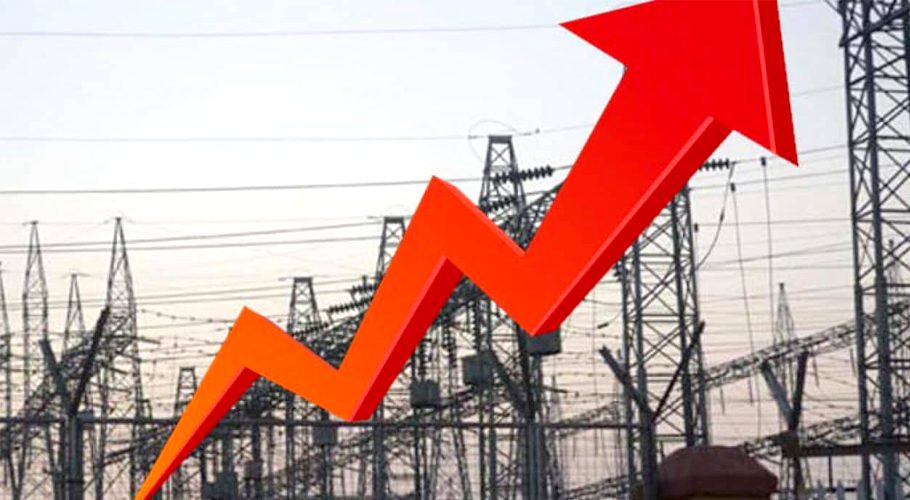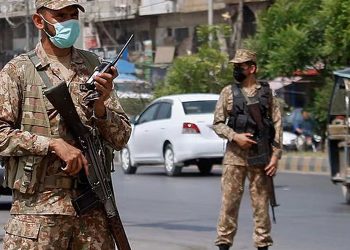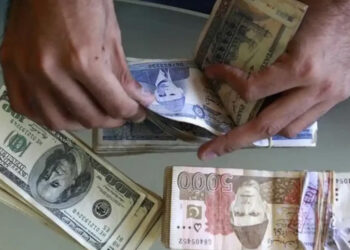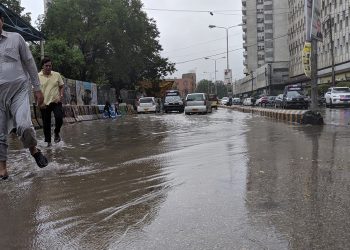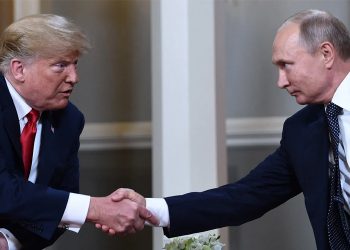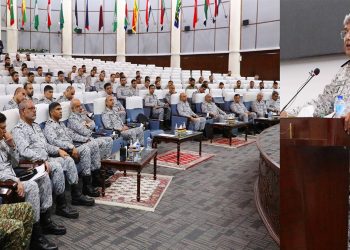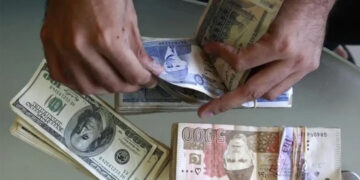The federal cabinet has recently made a decision to comply with a significant condition of the International Monetary Fund (IMF) by raising electricity tariffs. This decision, driven by IMF requirements for a bailout package, has sparked widespread outrage and protests.
Effective from July, the new rates will see a per-unit price increase of up to Rs7.12, marking a 51% rise. This translates into an additional financial burden of Rs580 billion on consumers for this fiscal year, representing the largest percentage increase in electricity prices for low-income groups in Pakistan’s history.
On average, the electricity price has surged by Rs4.55 per unit, elevating the national average uniform rate from Rs28.44 to Rs33 per unit, resulting in a substantial cost escalation for consumers across the spectrum.
The National Electric Power Regulatory Authority (Nepra) had proposed to the federal government an average increase of Rs5.72 per unit in basic electricity tariffs, a decision subsequently approved via a circulation summary by the federal cabinet.
The government intends to forward the decision to Nepra for implementing a uniform tariff structure, although the price hike itself varies. The minimum rate has been set at Rs11.69 per unit, while the maximum has risen to Rs48.84 per unit, excluding additional charges like taxes, quarterly adjustments, and monthly adjustments.
The new pricing structure introduces a tiered system where the most substantial increases impact consumers using 1 to 100 units per month, predominantly affecting the poorest households who now face a 51% increase, effectively doubling their electricity bills.
Sources indicate that under IMF conditions, the federal government is obligated to raise the basic electricity tariff by July 10th.







